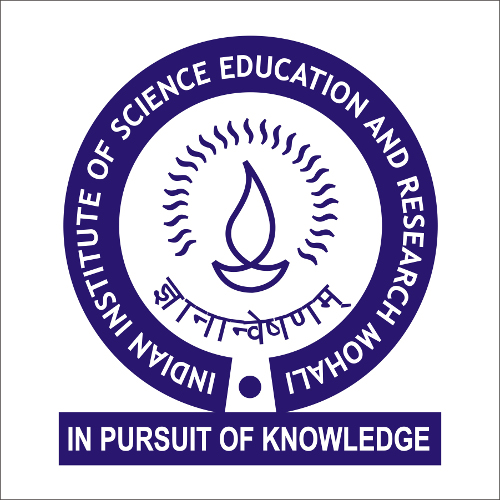Forthcoming Events
Microbiome as the new frontier in health: Deciphering microbial gene function for better therapeutics and novel industrial products
Dr. Puspendu Sardar, Research Associate, University of Cambridge, United Kingdom
Location : Online
Abstract: Functional metagenomics is an innovative approach that investigates microorganisms in specific environments through functional gene screening and sequencing. This method enables the discovery of bioactive substances, including novel antibiotics and functional genes from microorganisms and their metabolites. Recent research has linked gut microbial taxa to a wide range of human diseases and therapies, such as rheumatoid arthritis, diabetes, asthma, inflammatory bowel disease, cardiovascular diseases, mental health disorders, and the efficacy of immune checkpoint inhibitor cancer immunotherapies like anti-PD-1. Despite these associations, the underlying molecules and mechanisms driving these effects remain largely unexplored.
The discovery of novel bioactive compounds from environmental and commensal microbial communities is crucial, as traditional methods have struggled to identify new drugs due to the cryptic nature of biosynthetic genes under standard laboratory conditions. Through functional metagenomics research, we identified that Gram-negative bacteria capable of lipopolysaccharide biosynthesis were associated with anti-PD1 therapy response. Additionally, the lipopolysaccharide gene cluster itself is linked to clinical response at a functional level. Recently, using a metatranscriptomics approach, we discovered novel gut microbes that produce glycoside hydrolases, enzymes that degrade complex sugars in biomasses such as cellulose, hemicellulose, and starch. These enzymes are highly sought after in the biotechnology and biofuel industries for their ability to break down complex biological fibers. Our metagenomic studies revealed that non-fermenting gram-negative bacteria (NFGNB) known for hospital-acquired antibiotic resistance can be transmitted to soil and become part of the native soil microbiota through current agricultural practices. These NFGNB often carry multiple resistance genes, posing a significant threat to human health.
My research plan proposes the use of innovative culture-independent methods such as metagenomics and metatranscriptomics to identify new therapeutic agents and bioactive compounds. This research will leverage public databases to map genetic information to functional databases, reconstruct microbial metabolic pathways, and identify microbial biomarkers for disease diagnosis. I aim to validate these findings through collaborative efforts, utilizing specialized facilities for advanced experimentation. The ultimate goal is to advance translational medicine for the betterment of human lives, enhancing our understanding of microbial functions and their applications in therapeutics, sustainable ecosystems, and industrial processes.
Meeting ID: 975 7190 4726
Passcode: 286085
My research plan proposes the use of innovative culture-independent methods such as metagenomics and metatranscriptomics to identify new therapeutic agents and bioactive compounds. This research will leverage public databases to map genetic information to functional databases, reconstruct microbial metabolic pathways, and identify microbial biomarkers for disease diagnosis. I aim to validate these findings through collaborative efforts, utilizing specialized facilities for advanced experimentation. The ultimate goal is to advance translational medicine for the betterment of human lives, enhancing our understanding of microbial functions and their applications in therapeutics, sustainable ecosystems, and industrial processes.
Meeting ID: 975 7190 4726
Passcode: 286085

